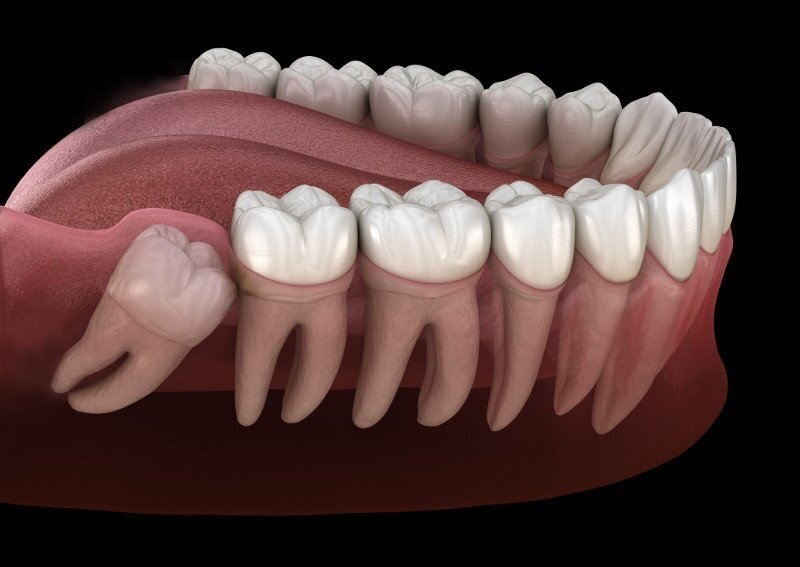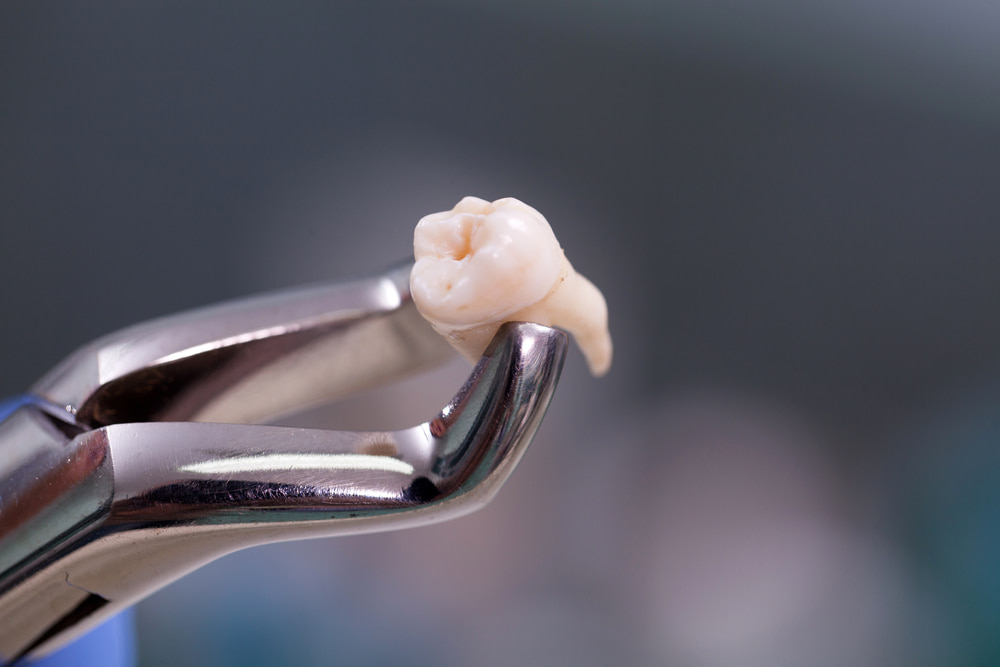Wisdom Tooth Extractions & Minor Oral Surgeries



Wisdom tooth extractions and minor oral surgeries are common dental procedures aimed at resolving issues such as impacted wisdom teeth, overcrowding, infection, and other dental problems. Here’s what you can expect from these procedures:
Initial Consultation: Before the extraction or oral surgery, you’ll have an initial consultation with your dentist or oral surgeon. During this appointment, your dental professional will assess your oral health, discuss your symptoms, and may take X-rays to determine the best course of action.
Anesthesia: To ensure your comfort during the procedure, local anesthesia will be administered to numb the affected area. In some cases, sedation or general anesthesia may be used, especially for more complex surgeries or for patients with dental anxiety.
Extraction or Surgery: The extraction or surgery will be performed according to the specific needs of your case. For wisdom tooth extractions, the dentist or oral surgeon will carefully remove the impacted tooth from its socket in the jawbone. For minor oral surgeries, procedures may include removing diseased tissue, treating infections, correcting gum issues, or addressing other dental concerns.
Post-operative Care: After the extraction or surgery, you’ll receive instructions on how to care for the surgical site to promote healing and minimize discomfort. This may include recommendations for pain management, instructions on eating and drinking, and guidance on oral hygiene practices.
Follow-up: Depending on the complexity of the procedure and your individual healing process, you may need to schedule a follow-up appointment with your dental professional. During this visit, they will assess your progress, remove any sutures if necessary, and ensure that you’re healing properly.
Pain Management: While some discomfort and swelling are normal after wisdom tooth extractions and oral surgeries, your dentist or oral surgeon will provide guidance on managing pain and swelling. This may include over-the-counter pain medications, prescription pain relievers, and cold compresses applied to the affected area.
Preventive Measures: To prevent complications and promote long-term oral health, your dental professional may provide recommendations for preventing future issues, such as maintaining good oral hygiene practices, avoiding certain foods and activities during the healing process, and scheduling regular dental check-ups.
By undergoing wisdom tooth extractions and minor oral surgeries with a skilled and experienced dental professional, you can experience seamless relief from dental problems and embark on a journey to pain-free dental wellness.
